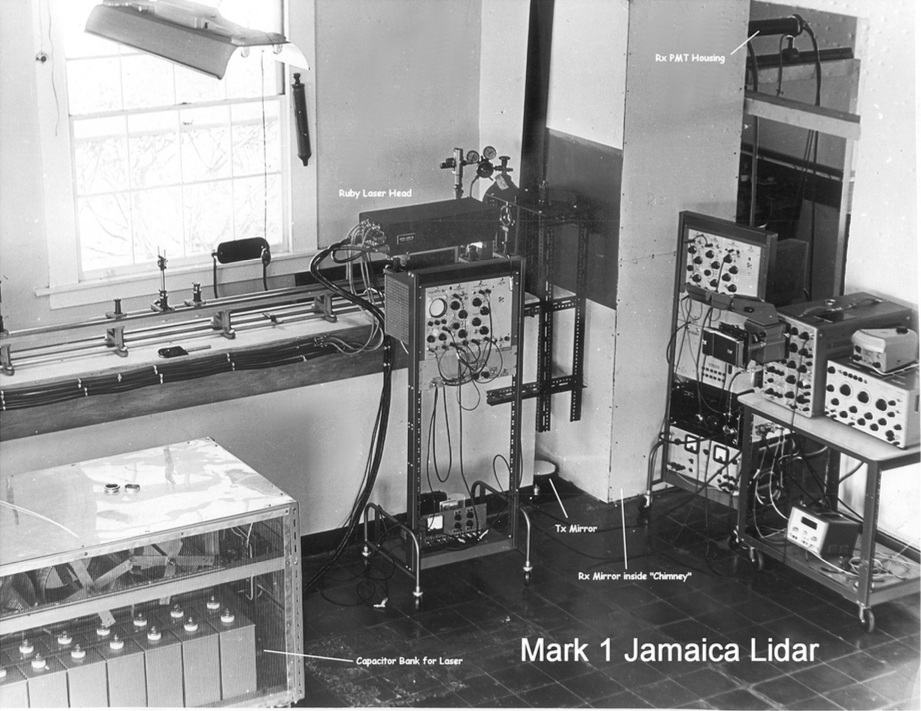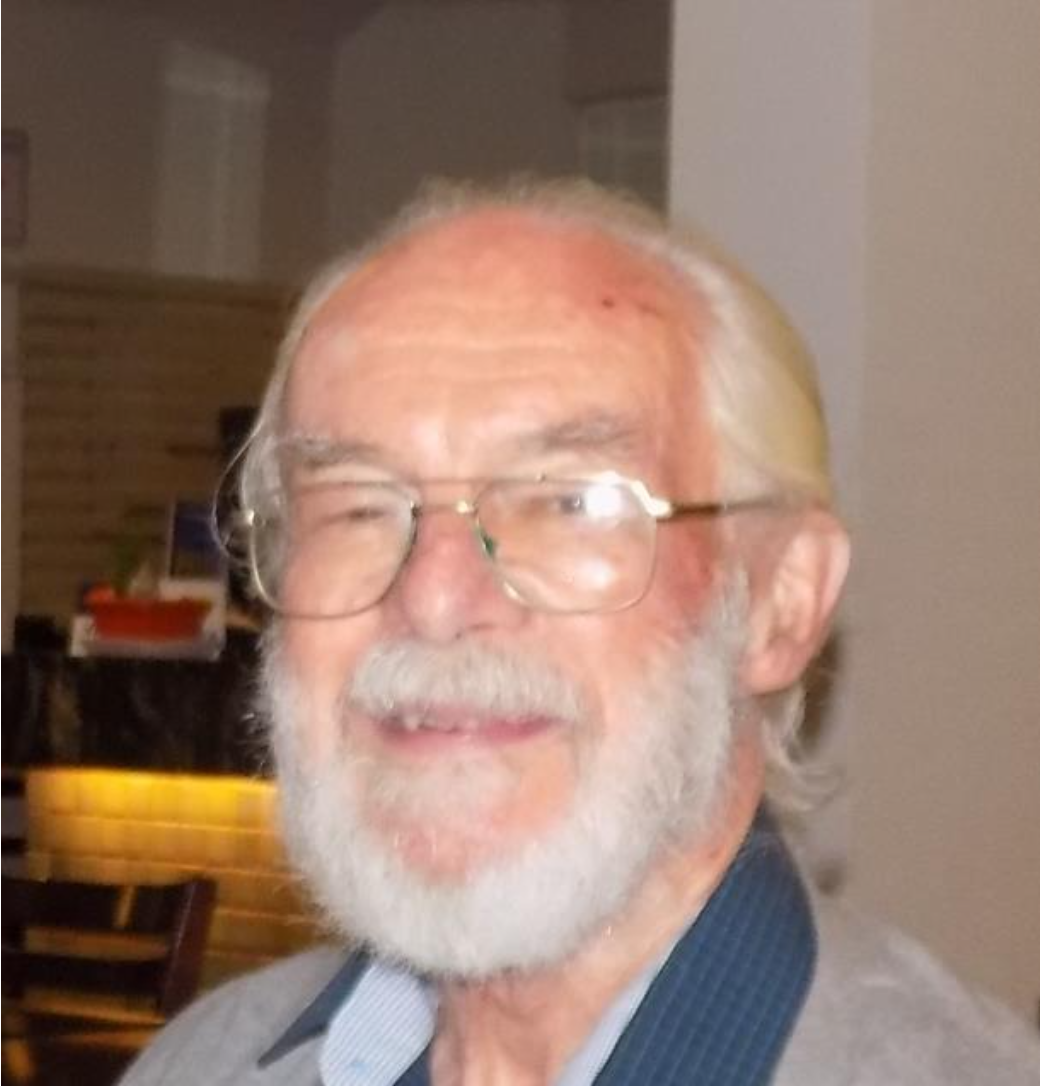LALINET, the youngest GALION affiliate, was created during the First Workshop on Lidar Measurements in Latin America (WLMLA), held 6–8 March 2001, in Camagüey, Cuba. The report of the workshop stated that a longer-term plan was also discussed to establish a network of LIDARs in Latin America using identical instruments, data processing, and measurement protocols, including taking measurements on the same days, and during satellite overpasses. This America’s Lidar Network (ALINE) was strongly endorsed by the participants, who agreed to work together toward its establishment (Robock and Antuña 2001a).
In a recent BAMS paper, Juan Carlos Antuña-Marrero, the first Lalinet coordinator, talks about the first 12 years of LALINET, from the first ideas in 2001 to official recognition by WMO in 2013, a history that is intertwined inseparably with the WLMLA history and international cooperation. The present status of the network and future perspectives are also discussed.
BAMS Paper by Antuña-Marrero Antuna2016_BAMS.pdf

Mark 1 lidar, University of the West Indies, Kingston, Jamaica. Photo taken between 1965 and 1966. (Photo courtesy of Barclay Clemesha.)

Group photo from the first WLMLA, held at Camagüey, Cuba, 6–8 Mar 2001. Front row (left to right): Alan Robock, Barclay Clemesha, Dale Simonich, Reynaldo Victoria, and Errico Armandillo. Back row (left to right): Juan Carlos Antuña-Marrero, René Estevan, Boris Barja, Arturo Peña, Roberto Naranjo, Roger Rivero Vega, Elian Wolfram, Orlando Rodriguez, Roberto Aroche, Eduardo Palenque, Ruben Delgado, Craig Tepley, Patricia Mothes, Shikha Raizada, and Minard Hall. (Photo courtesy of Alan Robock.)
Barclay Clemesha (22 October 2018)
After finishing his first degree at the University of London in 1957, Barclay Clemesha left his native England to work as an International Geophysical Year research assistant at University College Ibadan, Nigeria. Although he intended to return to work in the UK at the end of his eighteen-month contract, he has not done so.
After three years at Ibadan, working on the physics of the lower ionosphere, he moved to the University of Ghana, Accra, where he worked on F-region irregularities for 3 years. Working with a Radar he detected field aligned irregularities at equatorial region which only years after would be known as Equatorial Plasma Bubbles.
In 1963 he moved to the University of the West Indies, Kingston, Jamaica, where together with Geoffrey Kent and Ray Wright, he developed one of the first laser radars for atmospheric studies. He completed his Ph. D. at the University of the West Indies in 1968. While in Jamaica he participated of the First International Symposium of Equatorial Aeronomy in Peru and of the Second Symposium that took place at INPE, São José dos Campos, Brazil in 1966. There he knew Ida, at the time bilingual Secretary of the Symposium. They got married and after living in Jamaica to the end of 1968 they returned to Brazil and Dr. Clemesha started to work as Researcher at INPE and where he worked for the next 47 years.
His pioneering continued at INPE where he built the first Laser Radar (Lidar) of the Southern Hemisphere and measured Stratospheric Aerosols from 1969 to 1972. That time was also an era or great progress in Lasers Development and Dr. Clemesha built here at INPE an almost handmade Dye Laser used to measure Sodium, metal present in the upper atmosphere due to the incidence of meteors. His interests in Physics of The Upper Atmosphere did not limited to Lidars, but has extended also to experiments on board of sounding rockets, Airglow, and also to the measurements of wind and temperature in the upper atmosphere. Besides a productive scientist, professor and advisor we have lost also a great human being.
Dr. Paulo Prado Batista
Senior Researcher
Aeronomy Division INPE
